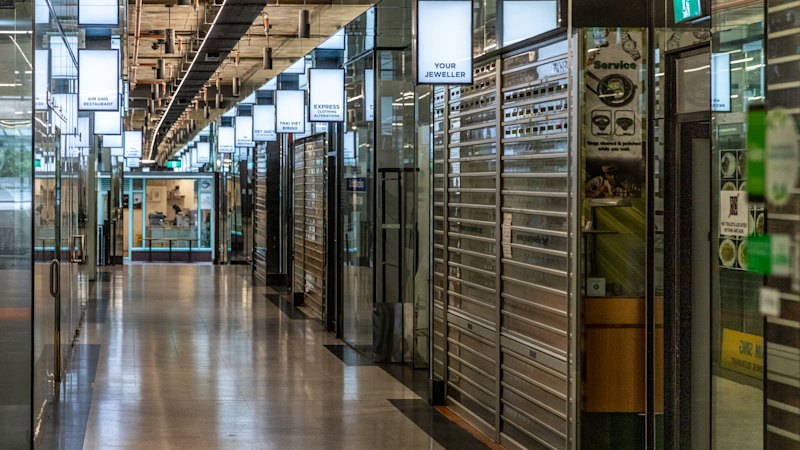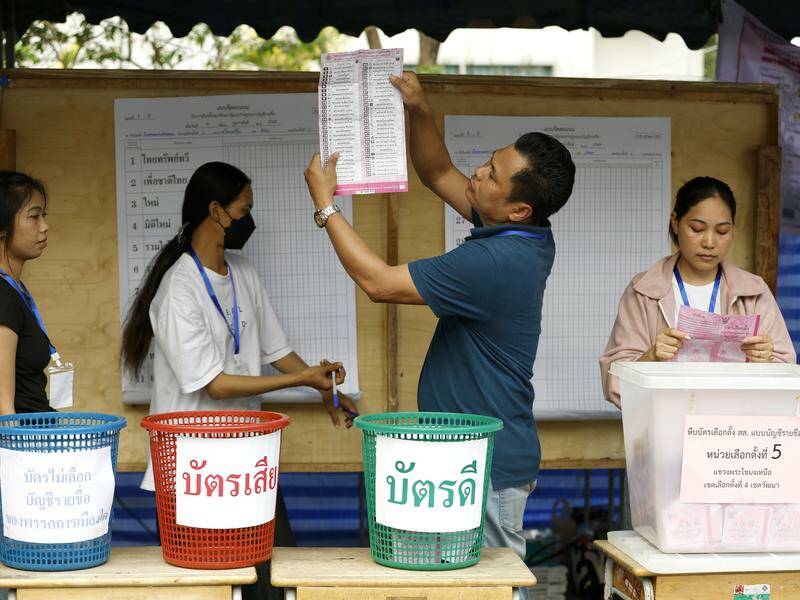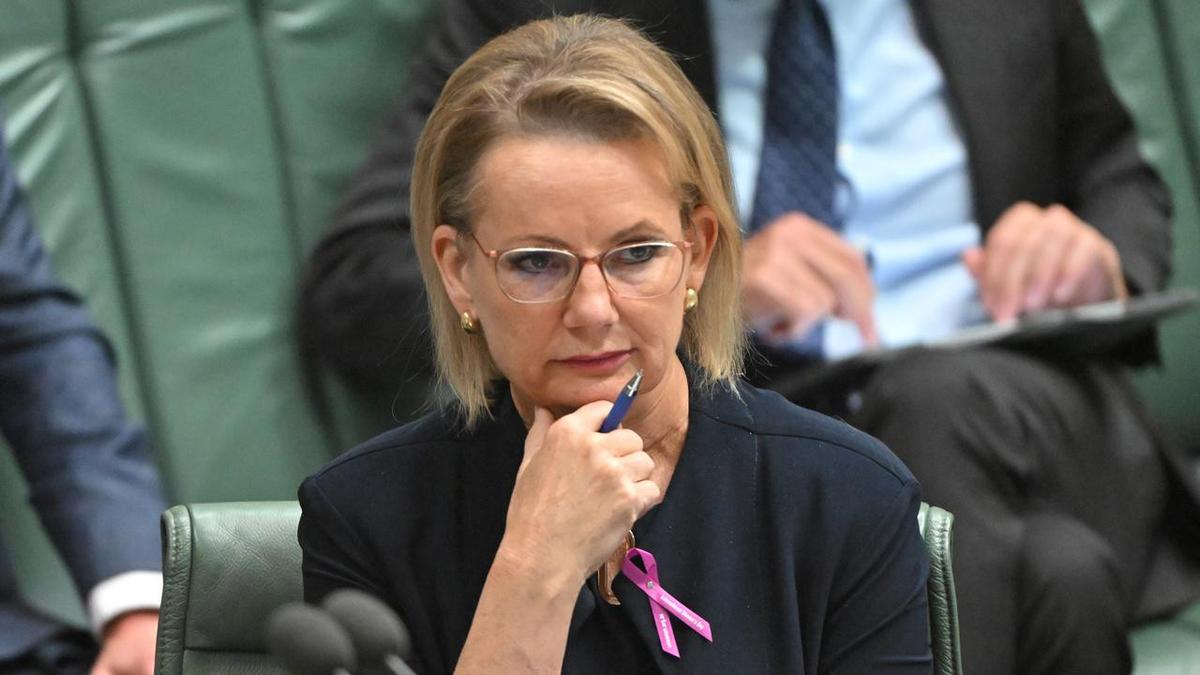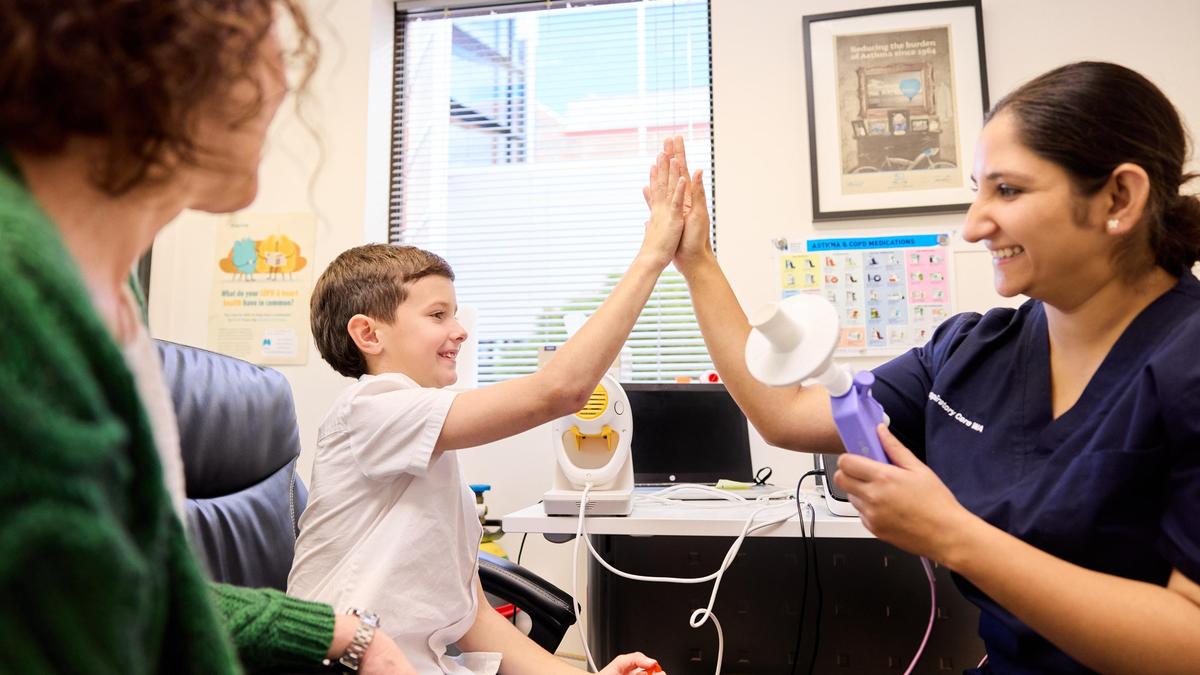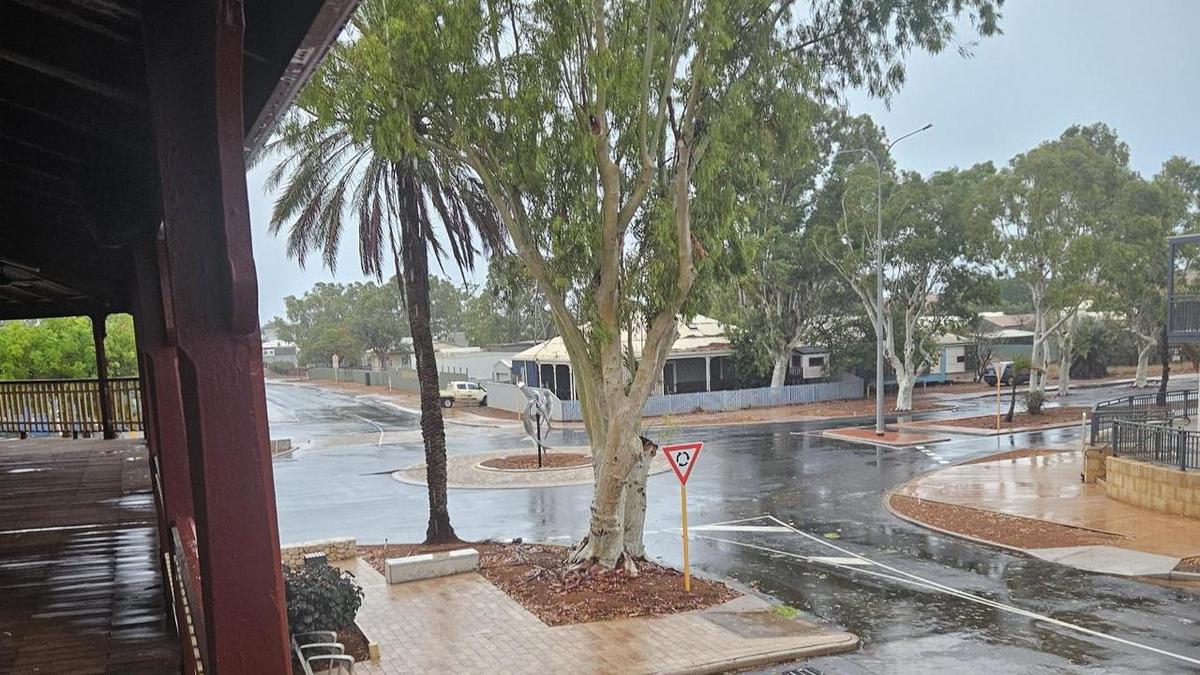
Navi Medical Technologies has introduced the Neonav® ECG Tip Location System, a groundbreaking device aimed at enhancing care for critically ill newborns requiring essential medications and fluids. This innovative system uses electrocardiographic signals to accurately track the location of central venous access devices (CVADs) in real time, significantly reducing the need for X-ray imaging.
CVADs are crucial tools in neonatal care, allowing clinicians to deliver medications directly into the bloodstream of vulnerable infants. The placement of these devices, however, can be challenging due to the delicate nature of a newborn’s veins. Clinicians often rely on estimation and indirect methods to ensure proper catheter placement, which can lead to complications.
Shawn Sheung, co-founder and Chief Operating Officer of Navi Medical Technologies, shared how a classroom project during his Master of Biomedical Engineering program at the University of Melbourne evolved into a mission to address critical healthcare needs. The idea for Neonav was inspired by discussions with Associate Professor Christiane Theda, a neonatologist with over 30 years of experience in caring for critically ill newborns.
According to Sheung, Professor Theda’s insights highlighted a significant gap in the availability of medical devices designed specifically for pediatric patients. “Most medical device manufacturers focus on adult patients, leaving a shortage of purpose-built devices for children,” he explained.
The team at Navi Medical Technologies dedicated themselves to developing a solution. They continued refining their prototype while balancing studies and work commitments. Their efforts led to participation in the Clinical Translation and Commercialisation MedTech (CTCM) program, an initiative of the Medical Research Future Fund delivered by MTPConnect.
During the CTCM program, the Neonav project focused on two primary objectives: conducting a pilot clinical translation study to validate the technology’s effectiveness and developing a comprehensive business plan for market entry. Sheung noted, “The CTCM program provided essential support and resources to advance our project.”
The collaboration with the Royal Women’s Hospital was instrumental in conducting pilot studies, which included over 200 clinical interviews and 100 product demonstrations. Feedback from these sessions helped refine the device further. The team improved Neonav’s Technology Readiness Level from 5 to 7 during this process.
Neonav® received clearance from the United States Food and Drug Administration in January 2025 and has since launched in hospitals across the United States. Sheung has relocated to the U.S. to facilitate the rollout and expansion of Navi Medical Technologies.
“We are excited about our future,” Sheung stated. “My mission is threefold: support our initial customers in the U.S., grow our team here, and establish relationships with strategic partners and potential investors.”
The team at Navi Medical Technologies is driven by a profound belief in their mission. “If we can positively impact a newborn’s life in those crucial early days, they have the potential to grow up living a fuller life,” Sheung emphasized. He expressed pride in the role they are playing in advancing neonatal care and improving outcomes for vulnerable infants. “Making a difference in those early days of life means everything to us.”

